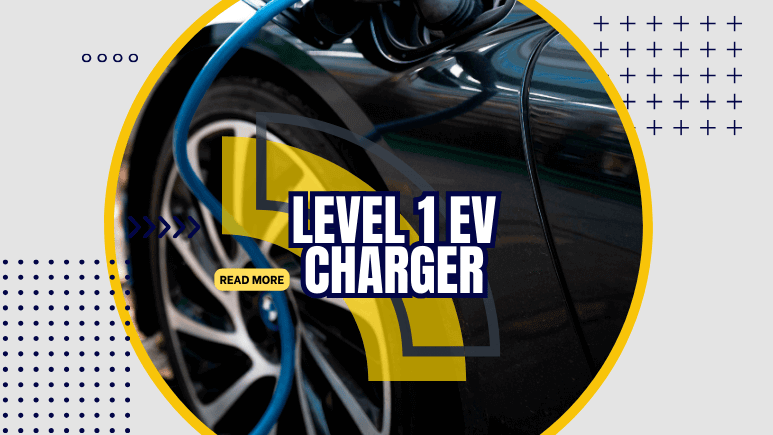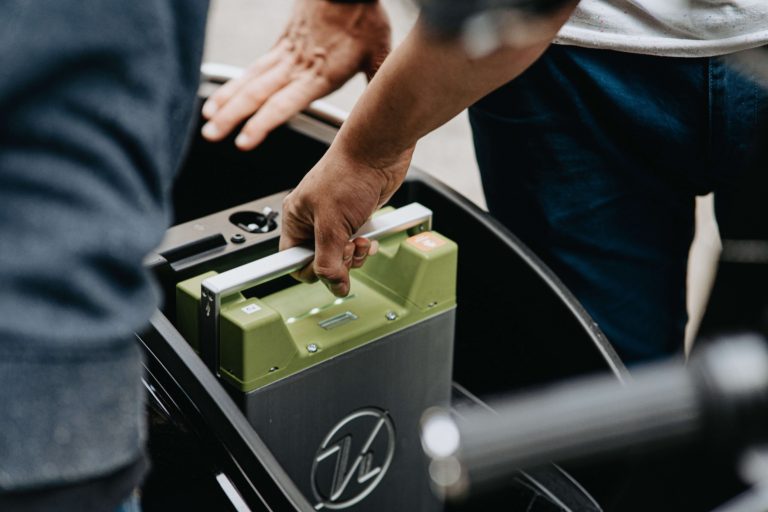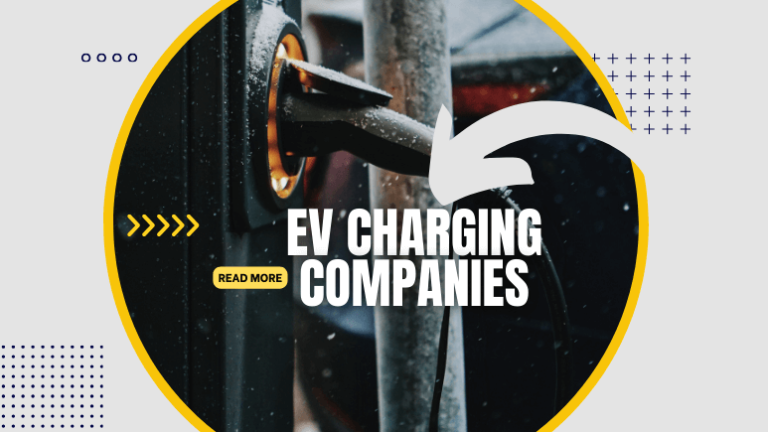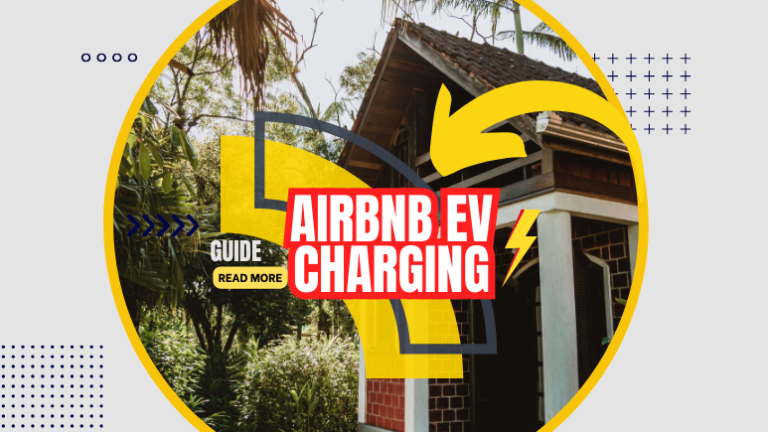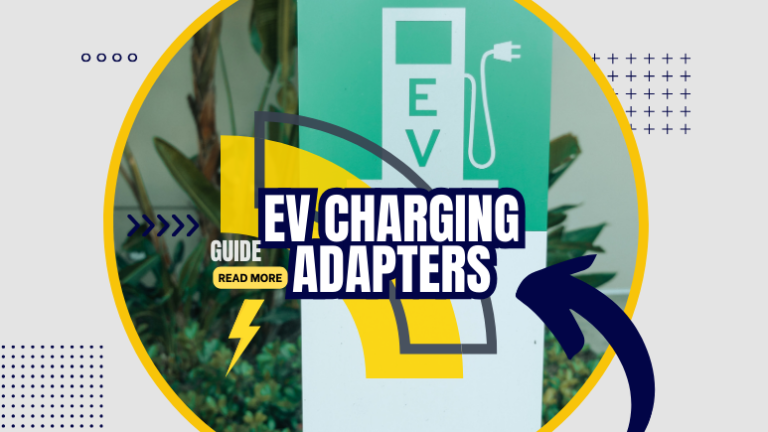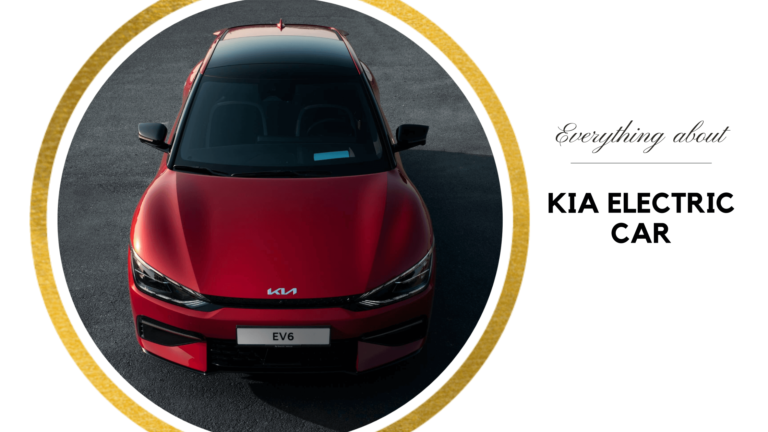What is a Level 1 EV Charger?
Best Level 1 EV Charger In Market (2023)
Here is the list of level 1 EV chargers in the market that you can consider for your home charging station.
1- Megear
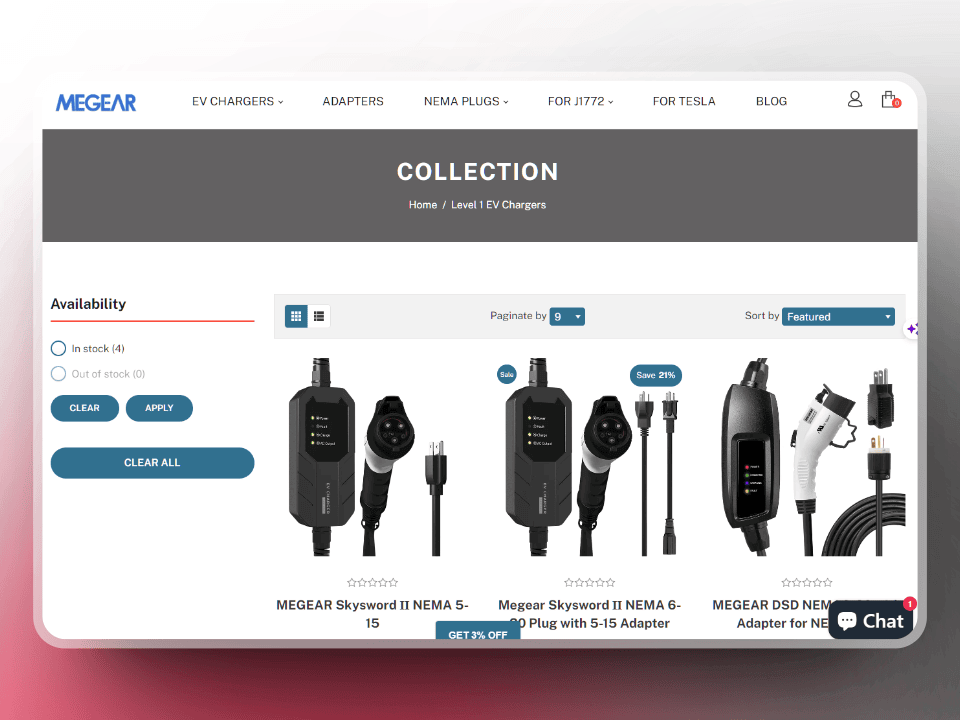
2- Tesla
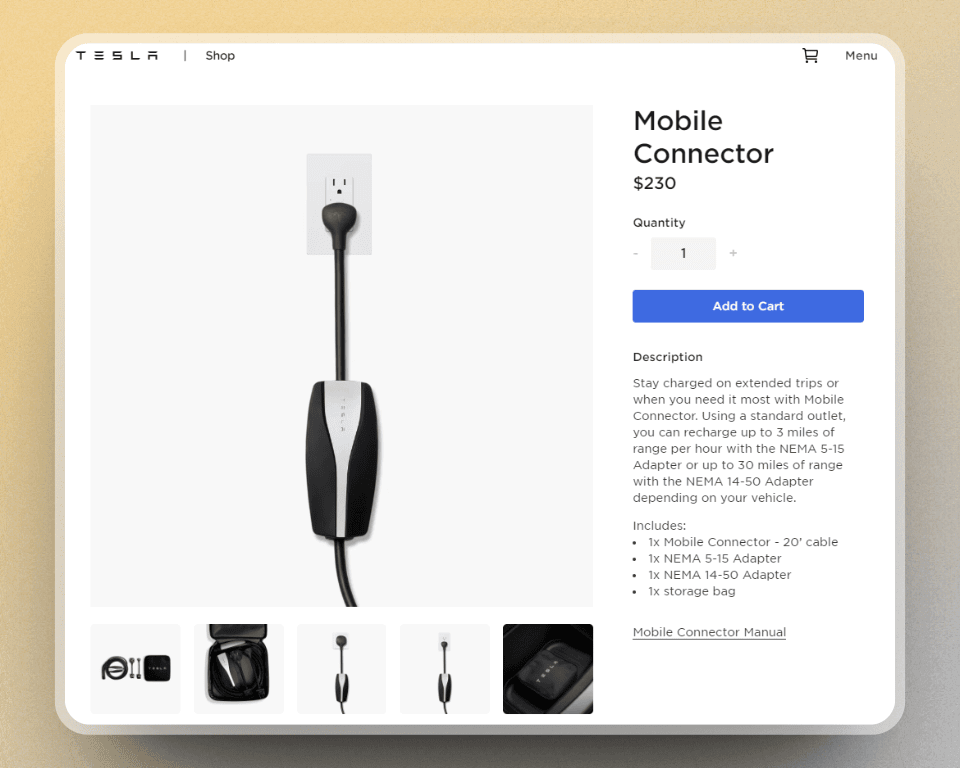
3- Lectron
4- BougeRV
5- Chevy Volt Level 1 Charger
6- ZenCar Level 1 Charger
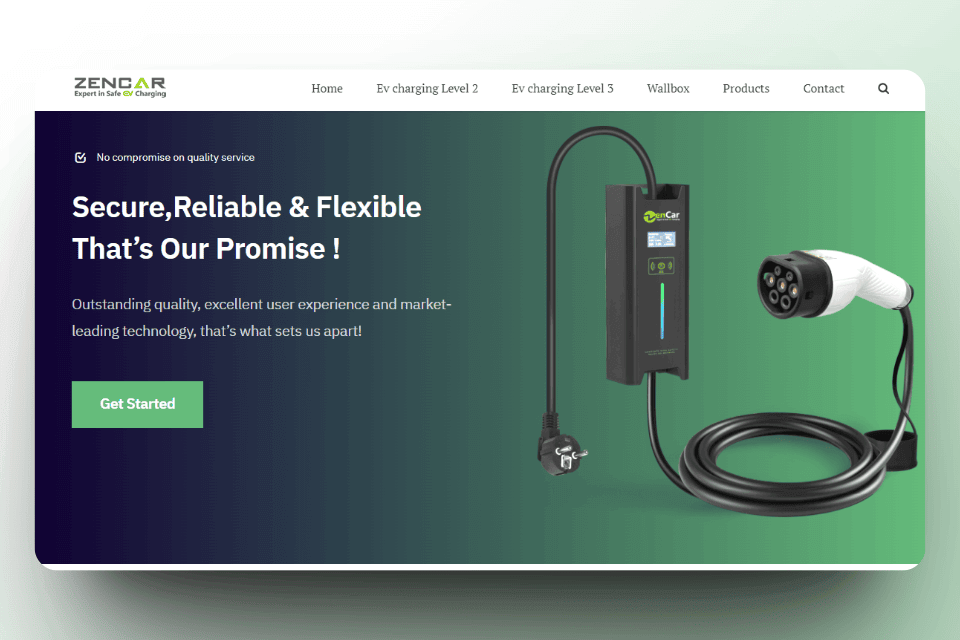
7- ShockFlo
What is the difference between Level 1 and Level 2 Charger?
Level 1 chargers are slower and provide less power than Level 2 chargers.
They charge at 120V and deliver a lower range, between 1-1.4 kWh, which is designed for the good health of the battery.
Level 1 chargers are good for charging electric vehicles with shorter ranges and smaller batteries. They charge 2-5 miles per hour, which is generally enough for short daily commutes.
On the other hand, Level 2 chargers are faster and provide more power. They charge at 240V and can deliver 3.3-19.2 kWh of power, which adds a range of 10-60 miles per hour.
Level 2 chargers are best suited for electric vehicles with longer ranges and bigger batteries, although they do require a specialized charging spot.
How Fast is Level 1 Charger?
When it comes to electric vehicle charging, Level 1 charging is definitely more budget-friendly compared to Level 2 and DC Fast Charging.
However, it’s worth noting that this charging method can be slow and may not meet the needs of some EV owners.
One of the downsides of Level 1 charging is that it can take up to 8 hours to fully charge a plug-in hybrid vehicle, which may be sufficient for short commutes but may not be ideal for EVs with bigger batteries and longer ranges.
In fact, if an EV needs 200 miles of charge, it could take up to 40 hours of charging time on a Level 1 charger.
The Problems with Level 1 Charger?
For the owners of electric vehicles with larger batteries or longer commutes, the Level 1 charger may not be the most practical option.
But, for local, urban drives, it can be the best choice.
Not only is it more cost-effective, but it also consumes less energy than higher-powered chargers.
Keep in mind that if you’re looking for faster charging times, you may want to consider upgrading to a Level 2 charger or even a DC Fast Charger.
These options can deliver more power, allowing for quicker charging, but they come at a higher cost.
It’s important to weigh your options and choose the best charger for your specific needs.
Charger Extension Cord
For EV charging, it’s important to use the right equipment and avoid using extension cords. This is because extension cords may not have wires that can handle the high current needed for charging an EV, and they can heat up and potentially cause a fire or explosion.
Level 1 EV Charging Rate
In USA:
Charging a vehicle that takes 27 kWh to travel 100 miles will cost 3 cents for each mile, residential charging rates are 11. 7 cents per kWh.
In Canada:
Varies from 7 cents to 15 cents per hour and there are peak and off-peak hours, it is the cheapest way to do it, Level 2 charging rates are higher but it needs only 8-10 hours to charge an EV, Level 3 super charging varies from 20-22 dollars for a full charge.
In UK:
Some charging points are free, while others are cheaper at 0.20 pounds per kWh. Fast charging is more expensive. Ranging from 0.40 to 1 pound every kWh.

